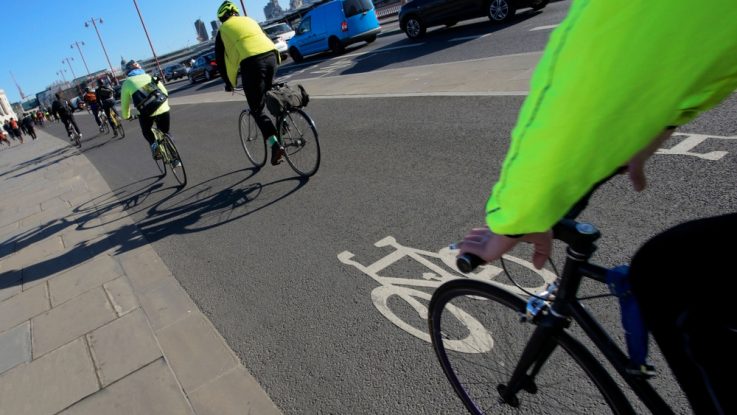
The Bloomberg Initiative for Cycling Infrastructure (Bici) has announced its first winners. Ten cities from around the world will be receiving support to build innovative cycling infrastructure and sustainable mobility options. The goal of the initiative is to help cities design streets that increase biking rates, revitalize neighborhoods, and promote the health and well-being of their communities.
“Cycle lanes aren’t amenities, they are essential infrastructure for cities,” said Janette Sadik-Khan, transportation principal at Bloomberg Associates. “These grants will help these 10 cities take the decisive action necessary to transform streets and turn the corner on traffic violence, pollution and climate change.”
The winners include:
- Fortaleza, Brazil (winner of the US$1m prize) – will develop 180 kilometers of cycling infrastructure to invite more community members to cycle;
- Addis Ababa, Ethiopia- plans to double the number of protected bike lanes to achieve Africa’s largest city cycle network;
- Bogota, Colombia – will co-design new infrastructure with children to revitalize a low-income neighborhood and engage young residents;
- Lisbon, Portugal – will roll-out new solutions to increase the diversity of residents cycling throughout the city;
- Milan, Italy – has plans to build sustainable, green cycle lanes that connect over 40 schools;
- Mombasa, Kenya – will protect and connect a cycle network along key corridors with high cycling volumes;
- Pimpri-Chinchwad, India – launching a neighborhood model for a 15-minute city, starting with cycling;
- Quelimane, Mozambique- building a new cycling infrastructure that will include protected cycling lanes, pedestrian space, and bicycle taxi parking to support non-motorised travel;
- Tirana, Albania – will create an all-ages cycling network through the implementation of safe intersection design; and
- Wellington, New Zealand – plans to increase the number of bike lanes in the city by 160% using resident input to inform planning and development.
“When it comes to reducing emissions and promoting healthier, greener cities, we must keep raising our collective ambitions,” said James Anderson, leader of the Government Innovation program at Bloomberg Philanthropies. “The Bloomberg Initiative for Cycling Infrastructure gave cities around the world the chance to dream big and show what’s possible – and these winning projects demonstrate the extraordinary ideation that this opportunity has unlocked. We look forward to working with these global cities to implement their powerful projects, and as we do, share lessons with their peers worldwide.”